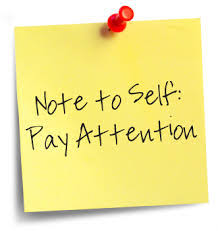 I fasted yesterday. I went without food from dinner on Tuesday until dinner yesterday evening. It was not really a planned fast; there was no spiritual motivation or noble cause behind it. During a week of being homebound, with subfreezing temperatures, a couple of days of water outage, and most of that time with my dad at our house, we had cooked and eaten well. Each dinner had a dessert, something we don’t typically do. And in my homeboundedness, I had snacked much more than usual. Hence, I gained some weight, putting me over a limit I have set for myself. So, yesterday, I decided to forgo my oatmeal for breakfast. Once I did that, I decided to just wait until dinner to eat.
I fasted yesterday. I went without food from dinner on Tuesday until dinner yesterday evening. It was not really a planned fast; there was no spiritual motivation or noble cause behind it. During a week of being homebound, with subfreezing temperatures, a couple of days of water outage, and most of that time with my dad at our house, we had cooked and eaten well. Each dinner had a dessert, something we don’t typically do. And in my homeboundedness, I had snacked much more than usual. Hence, I gained some weight, putting me over a limit I have set for myself. So, yesterday, I decided to forgo my oatmeal for breakfast. Once I did that, I decided to just wait until dinner to eat.
I write about this today, because it reminded me of the dynamics of deprivation. Skipping two meals was not a physical hardship. It was, however, mentally challenging. Every time I felt a slight sense of being hungry, my urge was to find something to eat. Whenever the clock indicated it was mealtime, I had to fight the urge. No fewer than a dozen times yesterday I had to consciously decide not to nibble on something. Nibbling, snacking, or pigging out was my default for slight hunger, but it was also my default for boredom, for indecision, for momentary transitions from one task to another. Whenever there is a lull of any sort, I eat something.
The multiple urges to eat made me aware of how easy and automatic it is to snack. Every lull in the day forced a decision rather than a default action. If that is true for the simple act of snacking during the day, how much more of my life operates in the default mode?
Lent can teach us about our default modes, those many ways we live on automatic pilot. Lent prompts us to pay attention. Not the scolding kind of “Pay attention!” but the gentle, “Pay attention, consider the lilies of the field…”
0 Comments until now
Add your Comment!